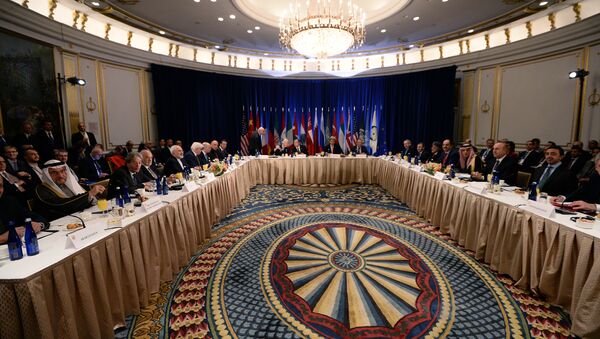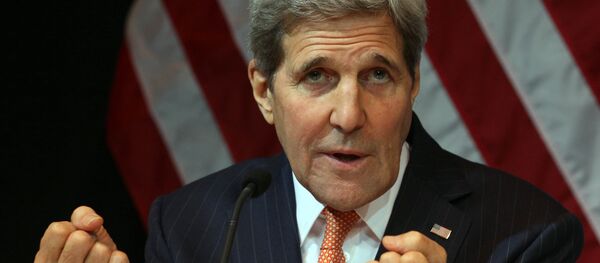First, according to the article, the question is how a ceasefire will work. The UN has cited some local truces that warring Syrian parties have negotiated with help from outside backers. However, those truces are "far from ideal". Some of them included a transfer of populations based on sect while other ceasefires have been agreed only after people in besieged areas were near starvation, the authors wrote.
Second, who would monitor a ceasefire? UN Secretary General Ban Ki-moon will submit to the Security Council a list of possible ways to monitor a ceasefire this month. According to the article, the idea of sending US peacekeepers seems unlikely as there are no clear lines for a ceasefire and they can be attacked. An option is sending military observers from countries seen "as having no direct stake in the conflict." Another option could be monitoring the situation by warring parties and civilian organizations. Drones also could be used but whether such an option will be agreed is unclear.
The third question is who will fight Daesh militants on the ground? No world leader has expressed enthusiasm to send ground forces in Syria to fight Daesh and the al-Qaeda-affiliated al-Nusra Front. Kurdish forces have combatted those groups but they have also come under fire from Turkey, the article read. Earlier, US President Barack Obama said that a ground operation would cost the lives of 100 American soldiers a month. However, there is still no alternative to defeat the terrorists.
"This is the hole in the plan," a US military official was quoted as saying by the authors. "Everyone agrees you can’t do this from the air, and no one can explain who makes up the ground force."
What is more, it is unclear how to persuade the Syrian opposition to fight Daesh if there are no guarantees that Bashar Assad will leave, the article read. It gets complicated by the fact that such regional powers as Saudi Arabia and Turkey will not ease their pressure for Assad’s resignation.
Moreover, it is unclear whether Syria will stay united. US, European and Russian officials fear the prospect of another weak state in the region with sectarian divisions and fertile for the expansion of terrorism, the authors underscored. The agreements struck in Vienna and approved by the Security Council call for a united Syria. However many fear that divisions between the Shiites and Sunnis and the inability to govern the country and control its territory would lead to its breakup.
Finally, the role of Iran that supports Assad’s government is unclear, the article concluded.






